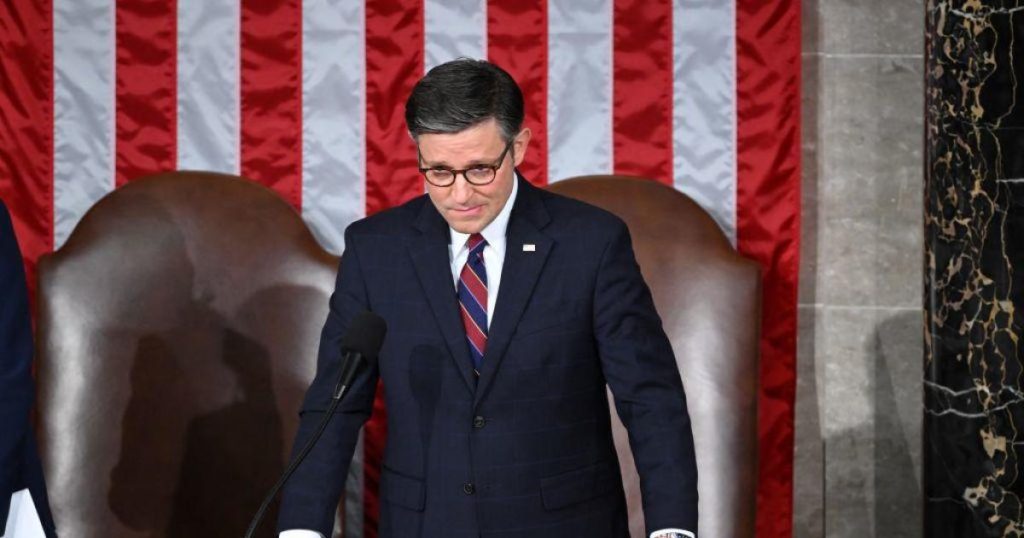Democrats and Republican leaders in the House took an unusual step to advance legislation providing billions in stalled security funding for Ukraine, Israel, and Taiwan. The House Rules Committee reconvened late Thursday night and moved the foreign aid bills proposed by GOP House Speaker Mike Johnson on a 9-3 vote, with the support of all four Democrats on the committee. Conservative Republican hardliners on the committee voted against the rule because border security was not being paired with foreign aid, but a border bill is set for a vote on Friday morning. The House is expected to vote on final passage of the foreign aid package this weekend, which includes funding for Israel, Ukraine, and the Indo-Pacific region to counter China.
The foreign aid bills would provide $26.4 billion to support Israel, $60.8 billion to bolster Ukraine, and $8.1 billion to counter China in the Indo-Pacific, including funding for Taiwan. A fourth bill addresses GOP foreign policy priorities, allowing the sale of frozen assets of Russian oligarchs and potentially forcing the sale of TikTok, with stricter sanctions on Russia, China, and Iran. President Biden is in favor of the package and has urged the House to pass it quickly before both chambers go into recess next week. House Speaker Johnson faced pressure from both parties to hold a vote on the bipartisan Senate package, which has been stalled in the House.
Johnson defended his decision to provide additional funding to Ukraine, stating that the aid was critically important at this time. While some House Republicans opposed the foreign aid, threatening to remove Johnson from the speakership, he maintained that history would judge his actions and that he was doing what he believed to be the right thing. GOP Rep. Lauren Boebert of Colorado suggested that this could mark the beginning of the end for Johnson as speaker. The proposed legislation includes support for U.S. allies and addresses various foreign policy priorities, highlighting ongoing tensions within the House Republican party over the allocation of foreign aid.
The $95 billion supplemental funding package passed by the Senate in February has faced delays in the House, as Johnson deliberates on a path forward. The Biden administration has expressed support for the aid package, calling on the House to pass it quickly. The bills include provisions for humanitarian needs in Israel, support for Ukraine, and measures to counter China’s influence in the Indo-Pacific region. The House Rules Committee’s decision to advance the legislation with bipartisan support reflects efforts to move the aid funding closer to passage. The upcoming vote on the foreign aid package is expected to be a critical moment for both parties in addressing global security challenges.


